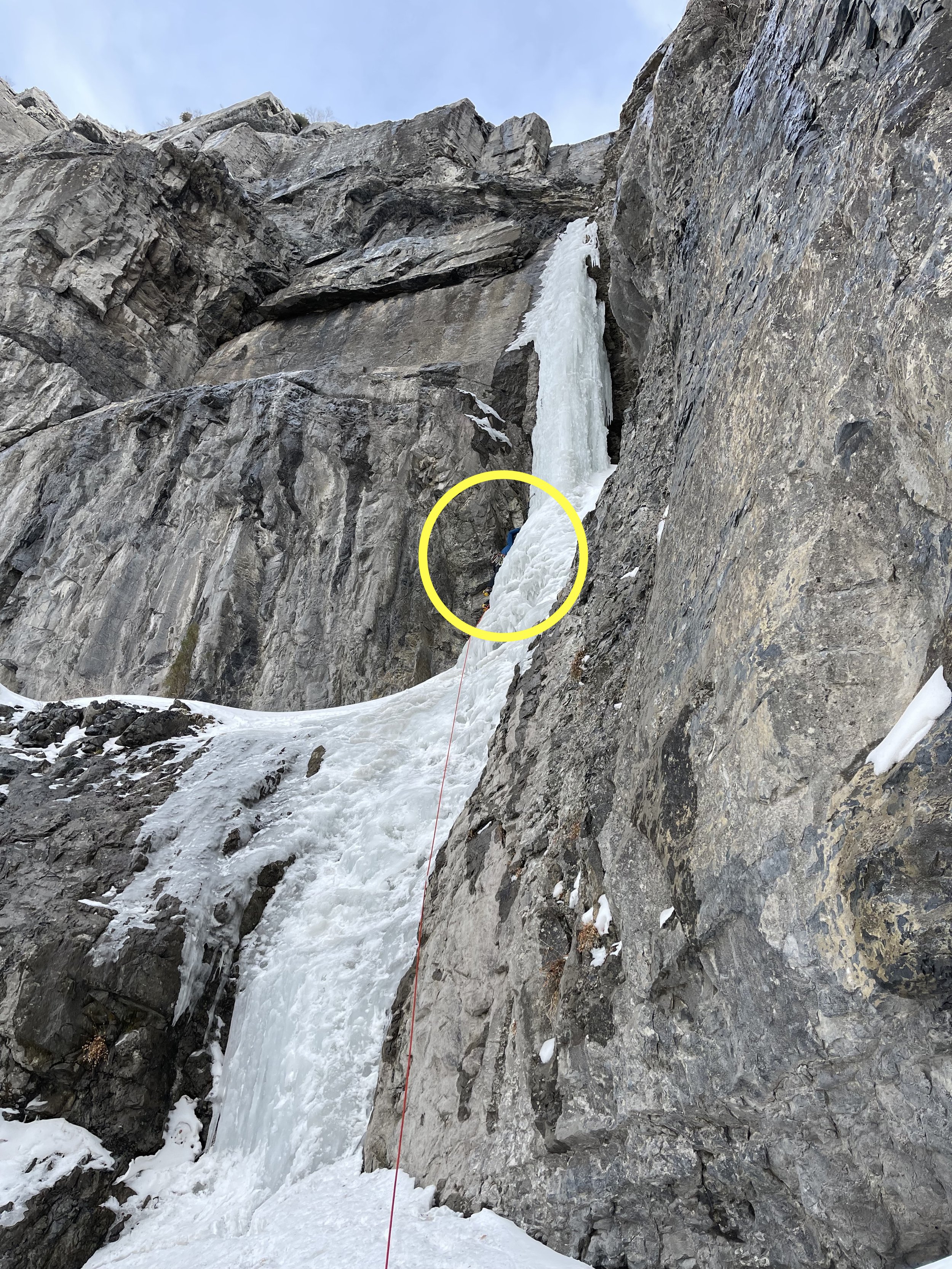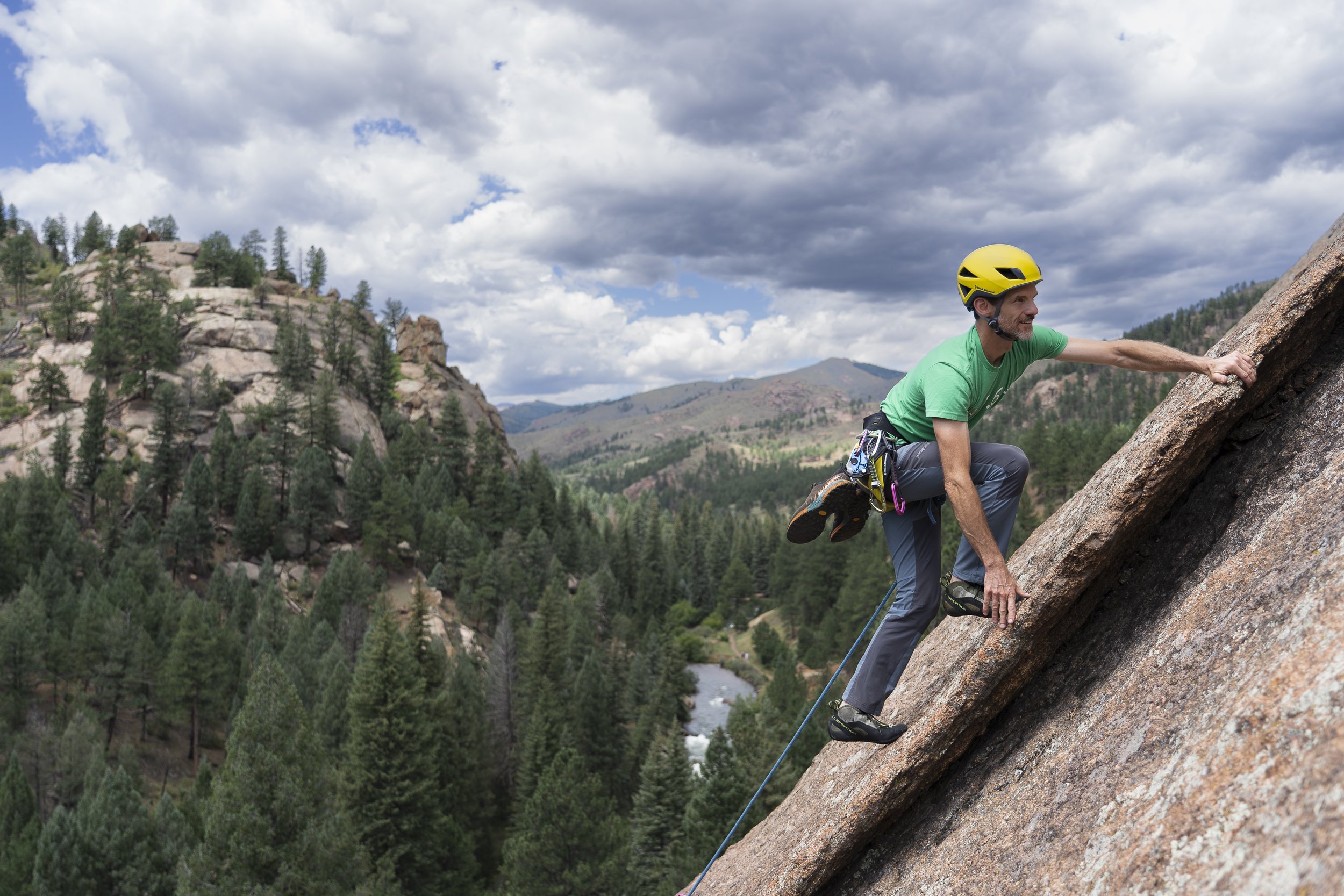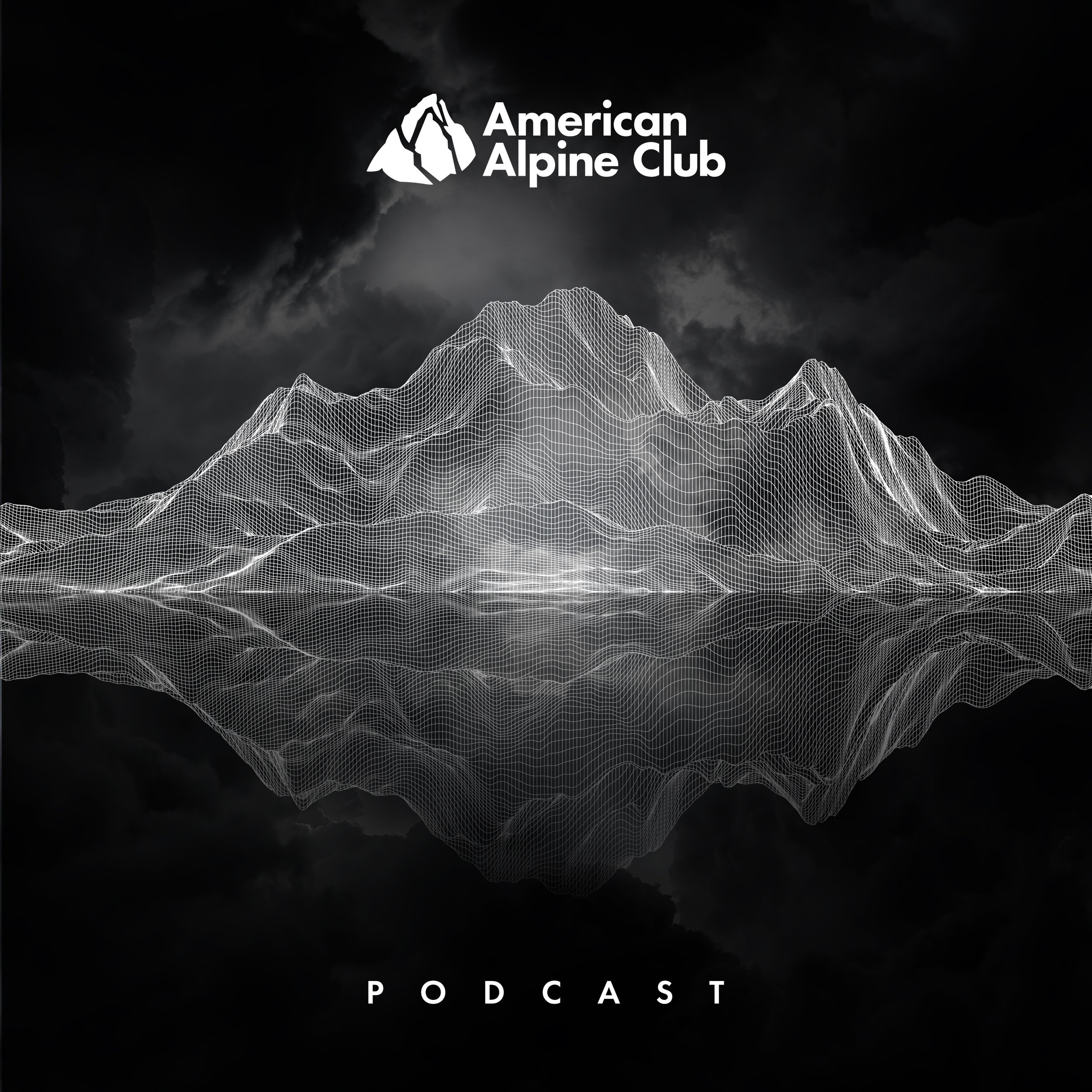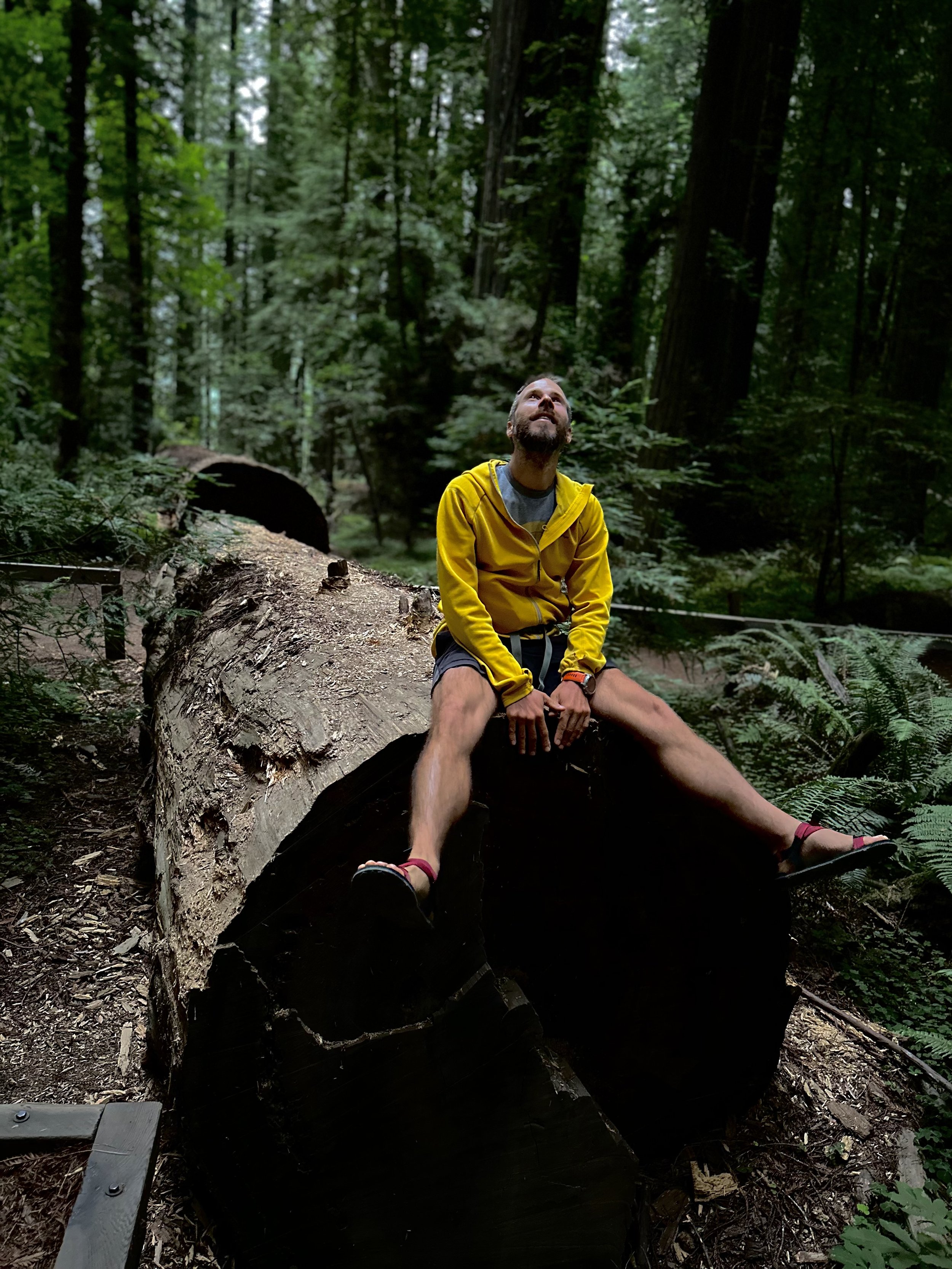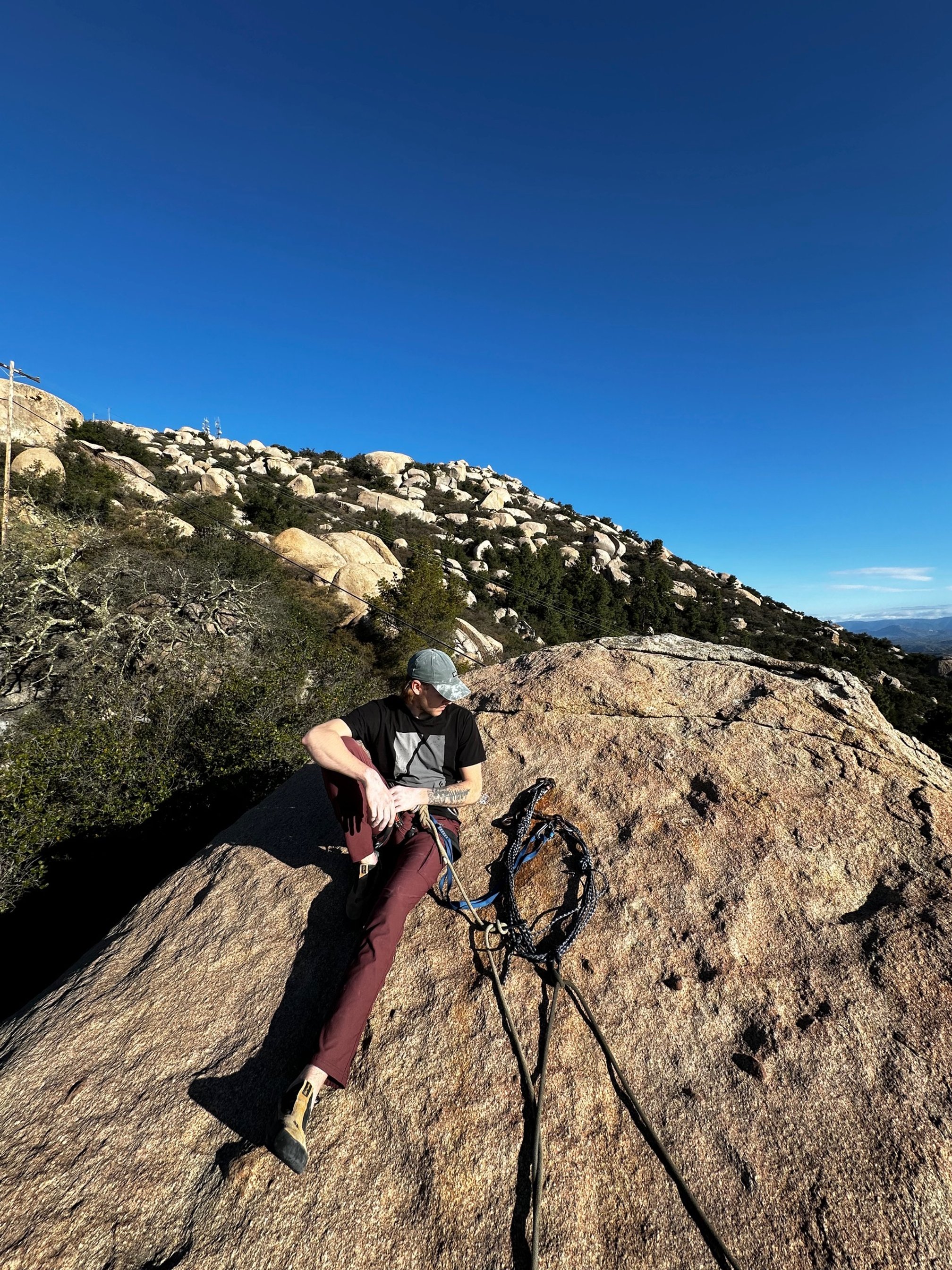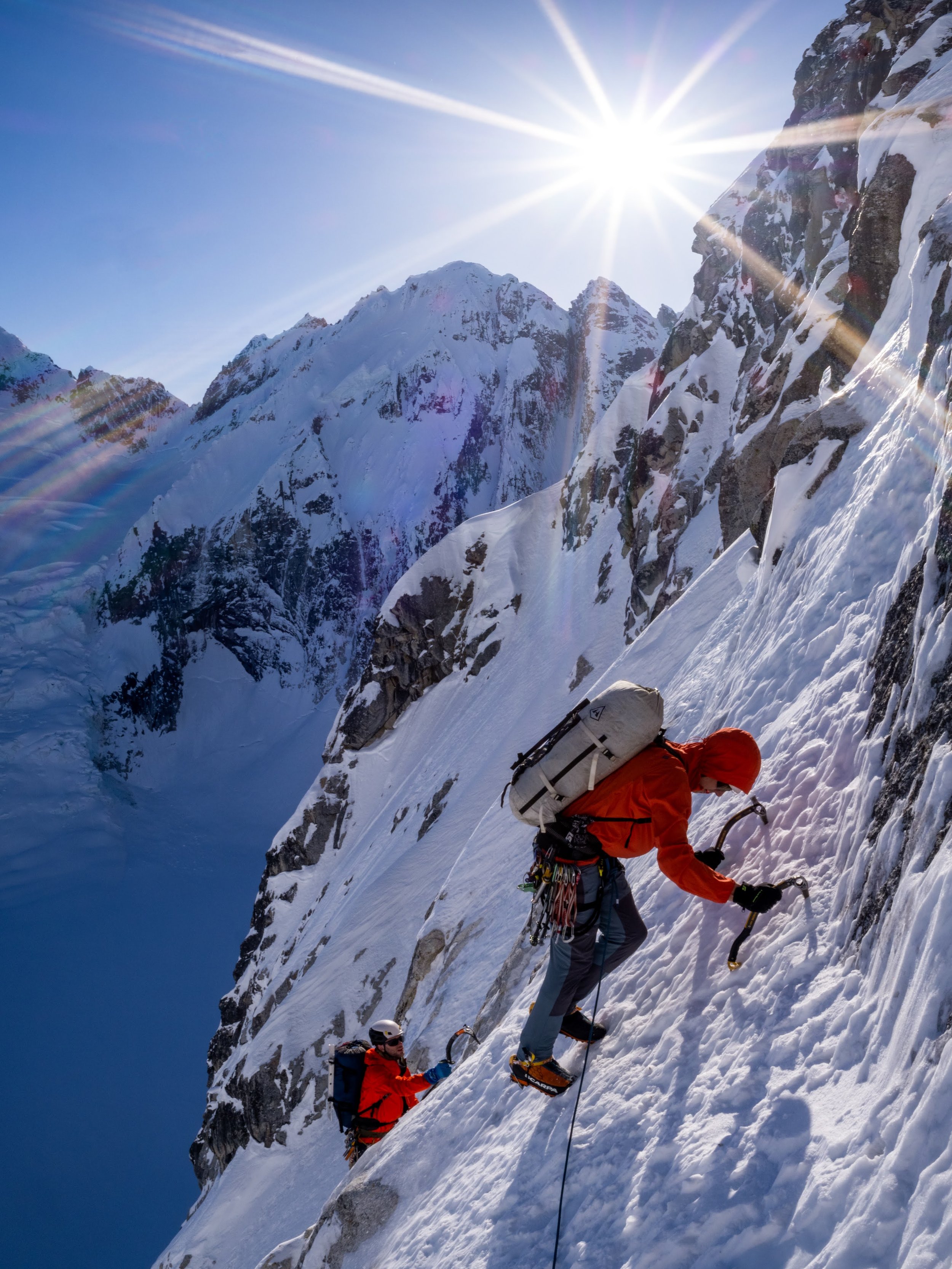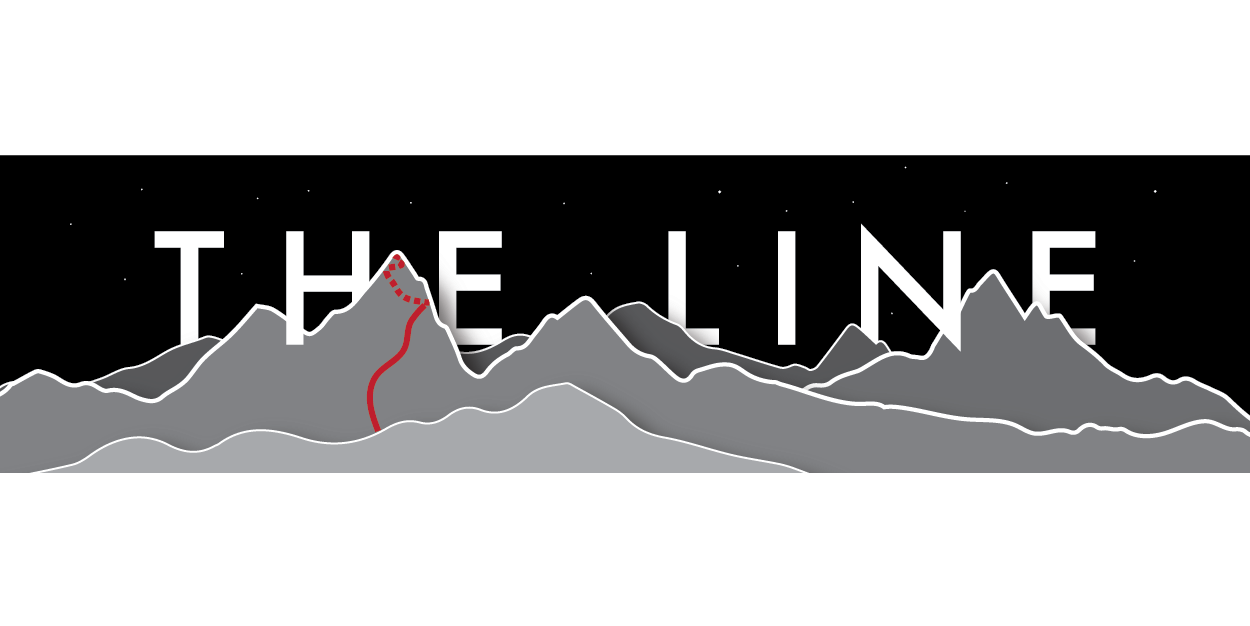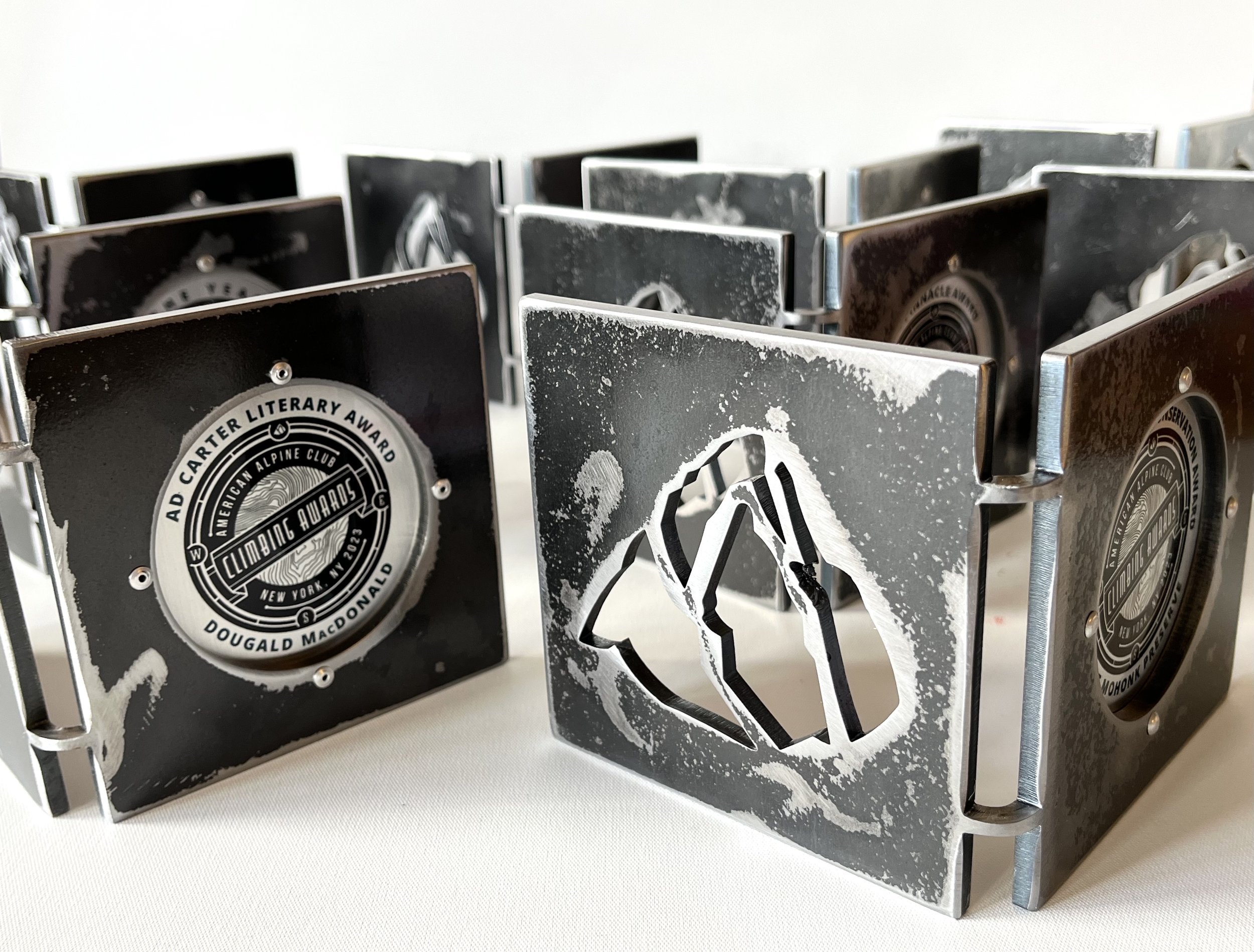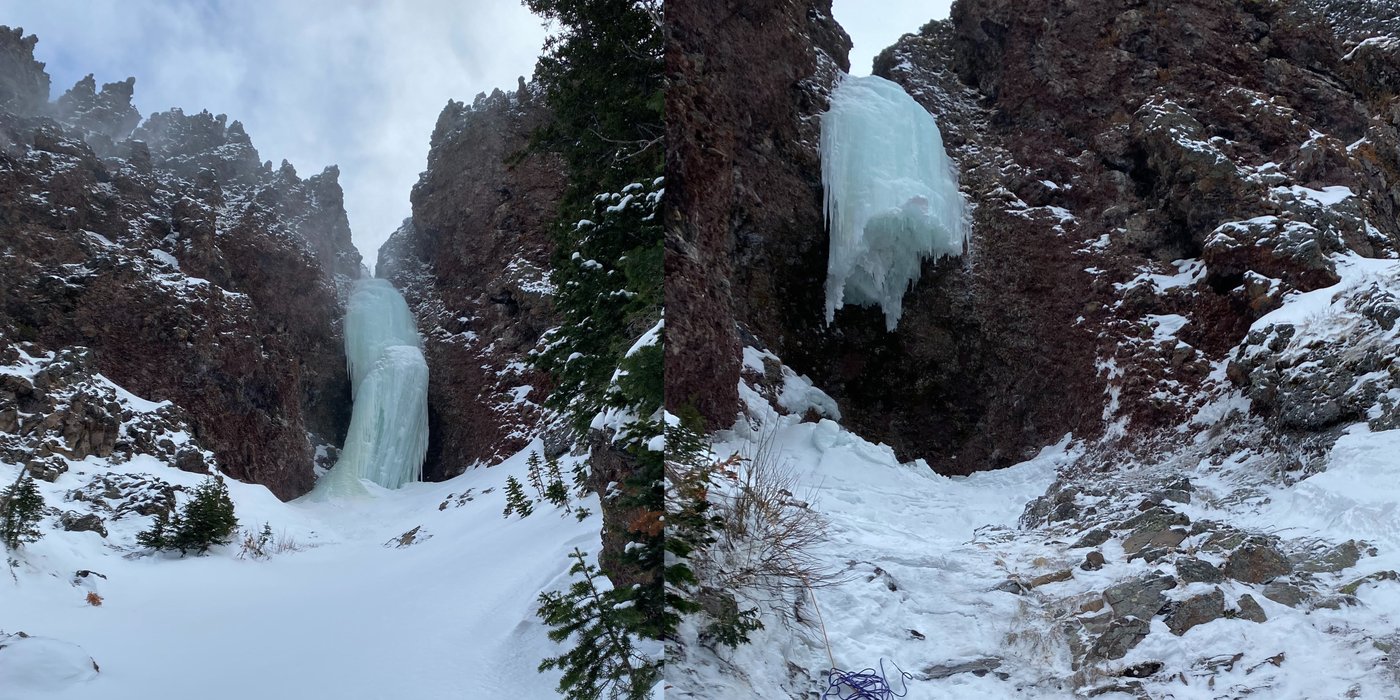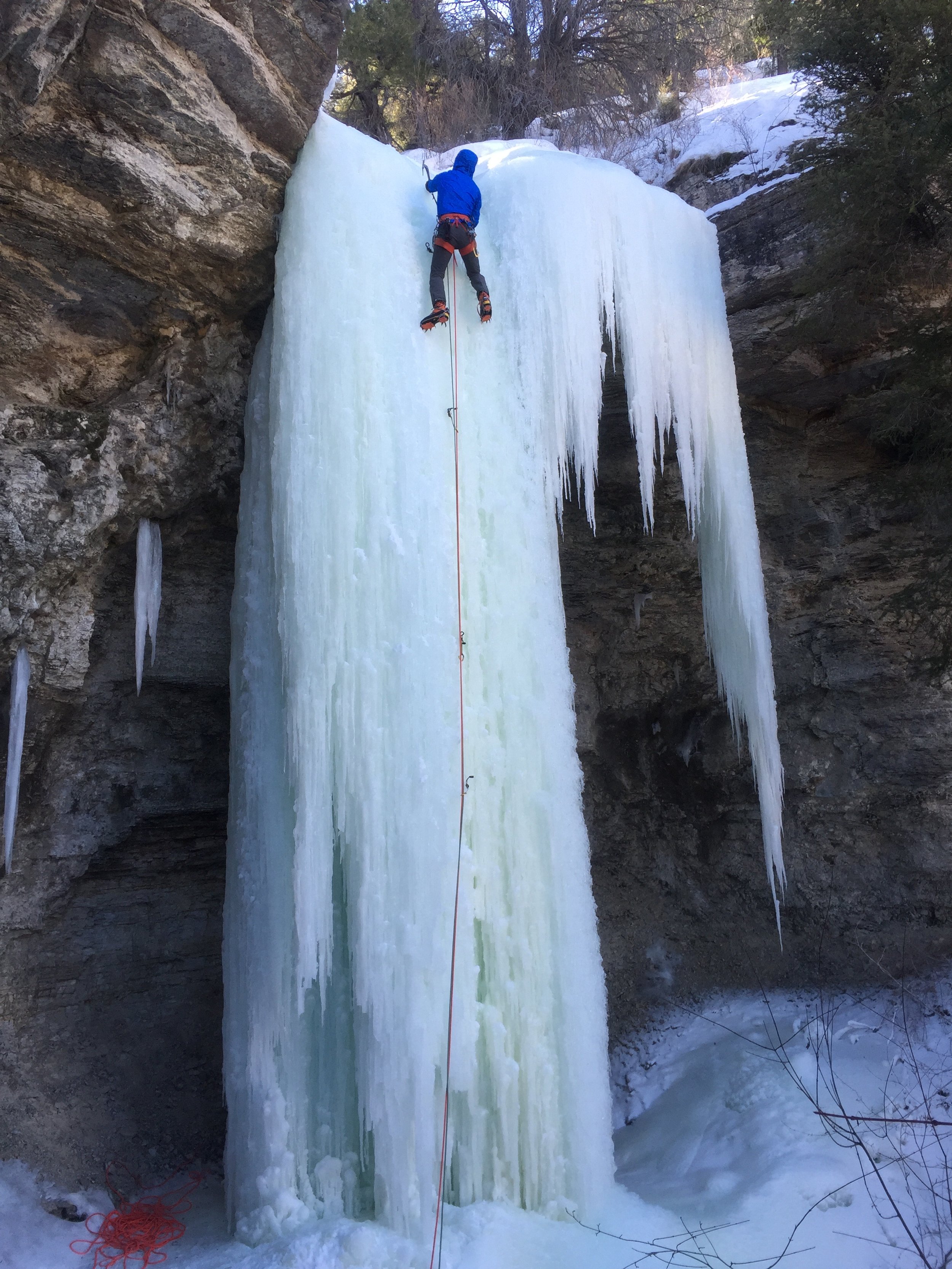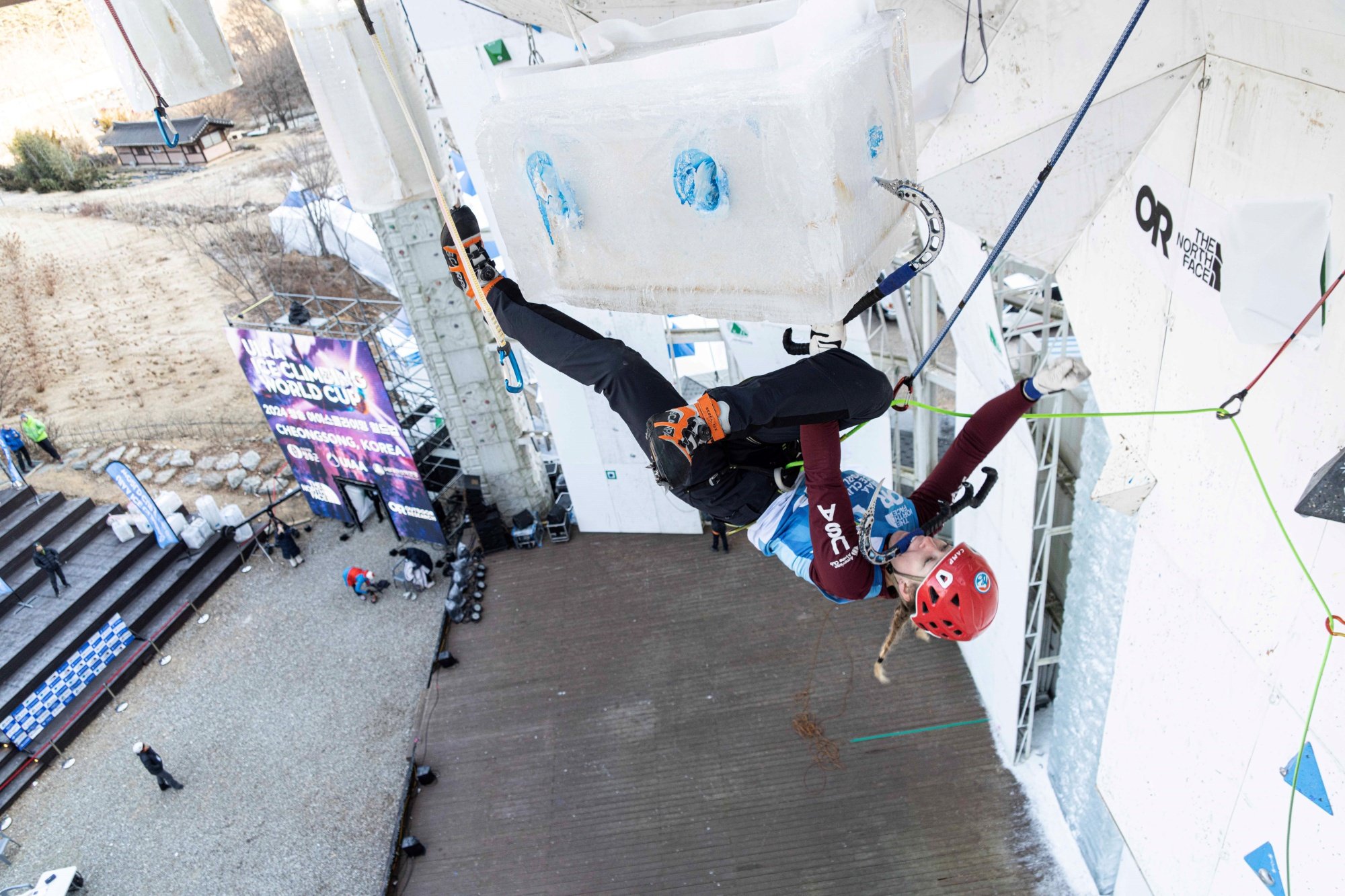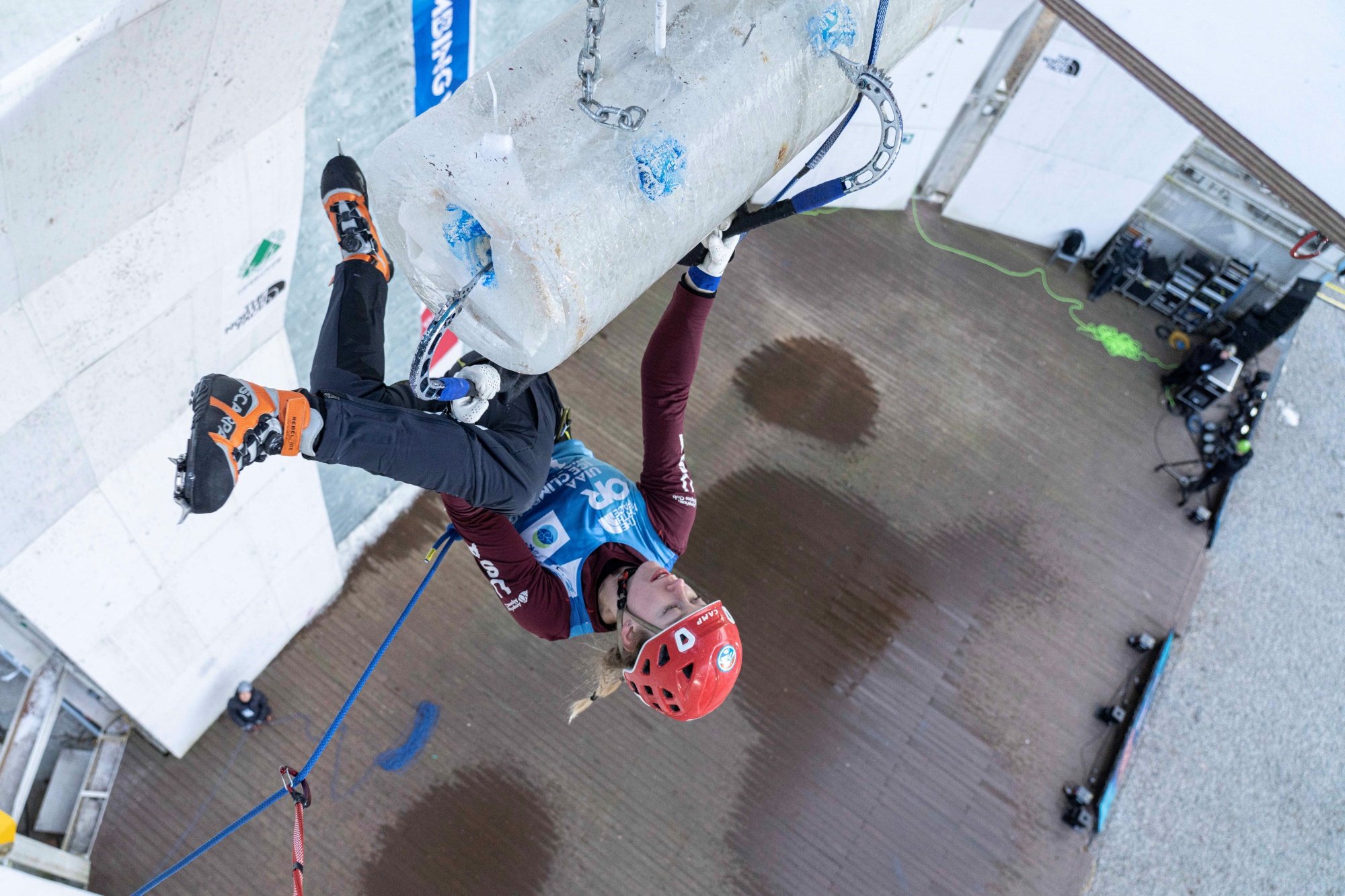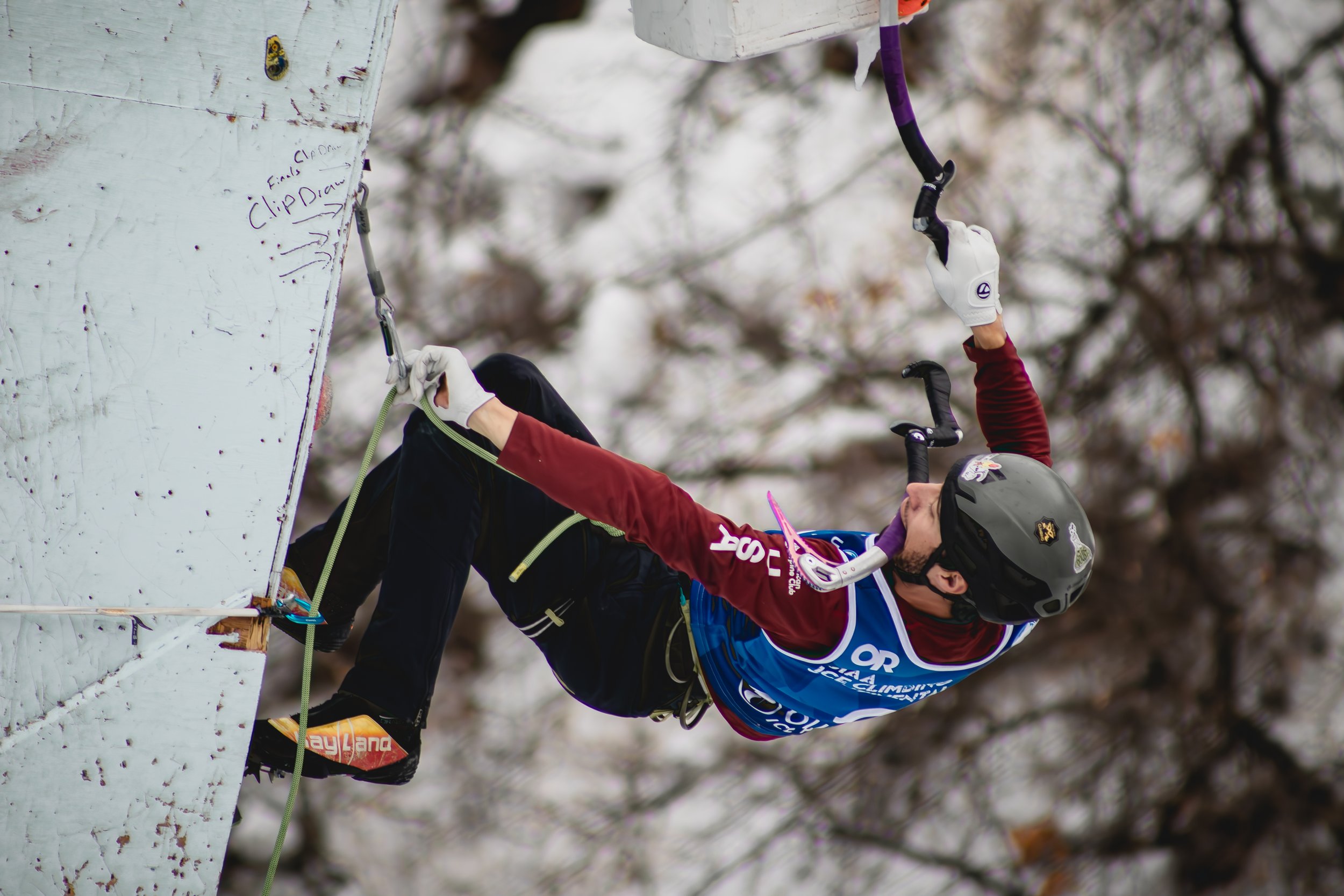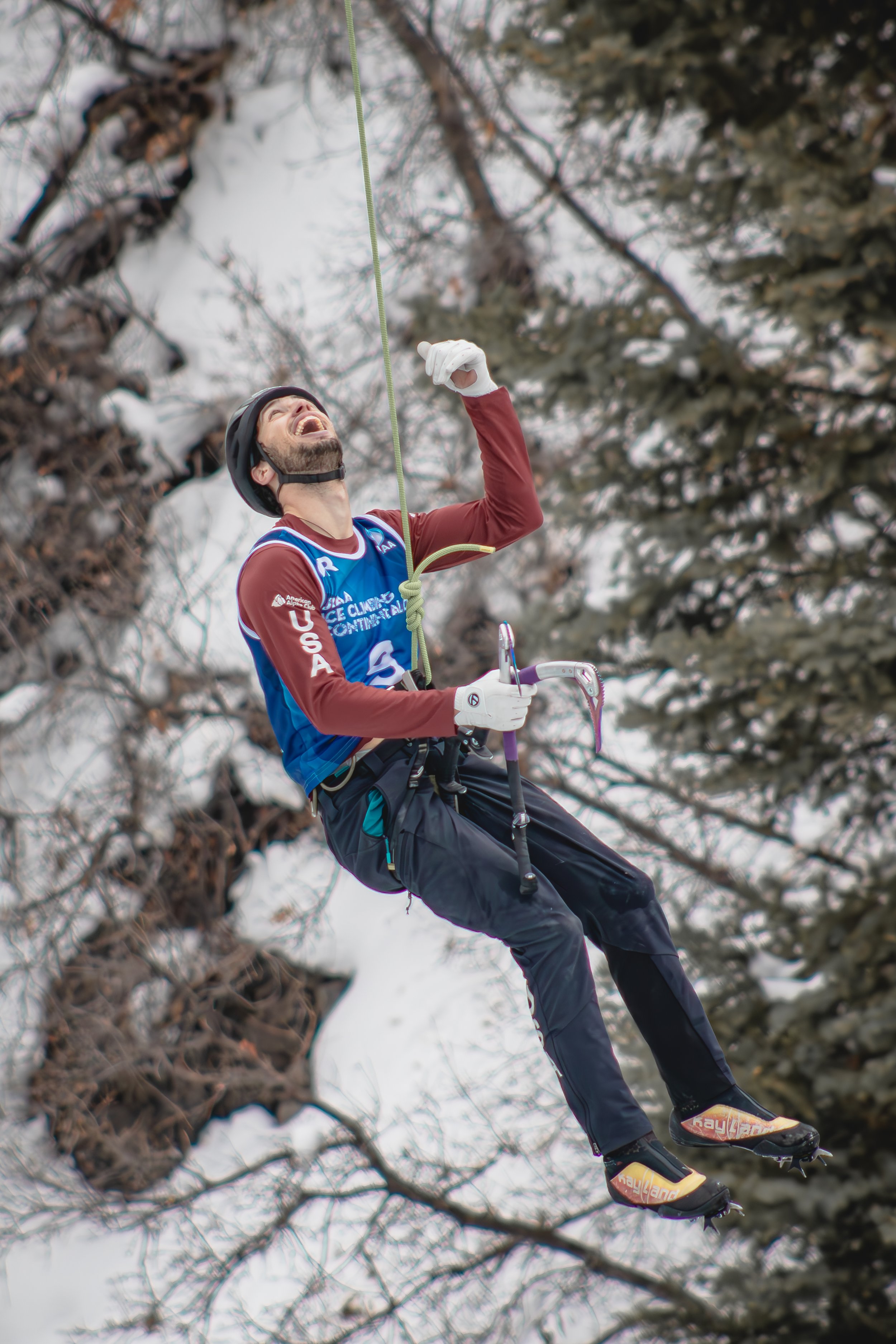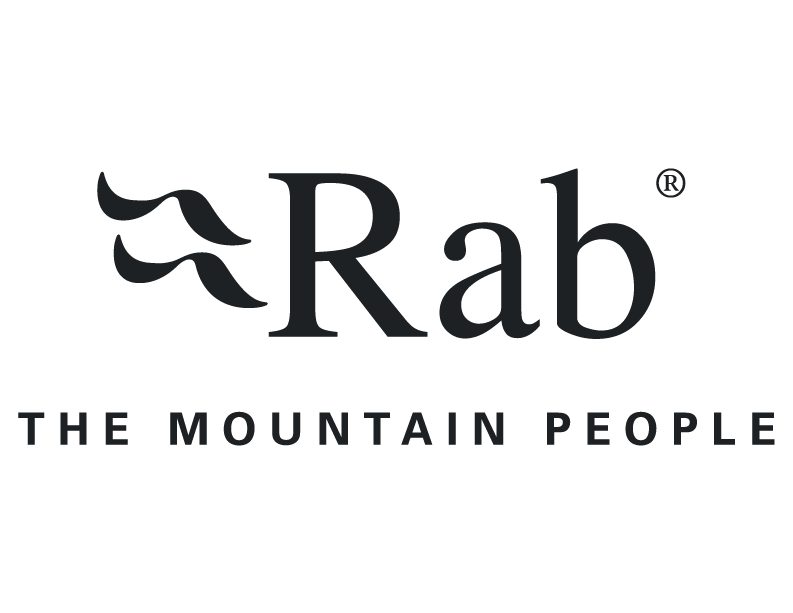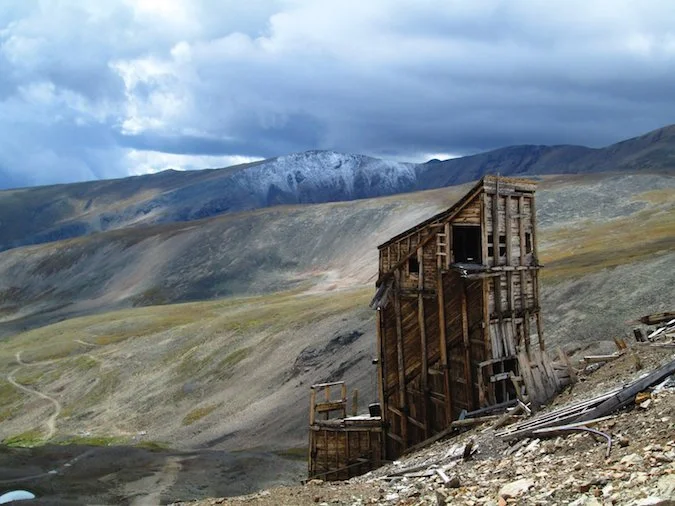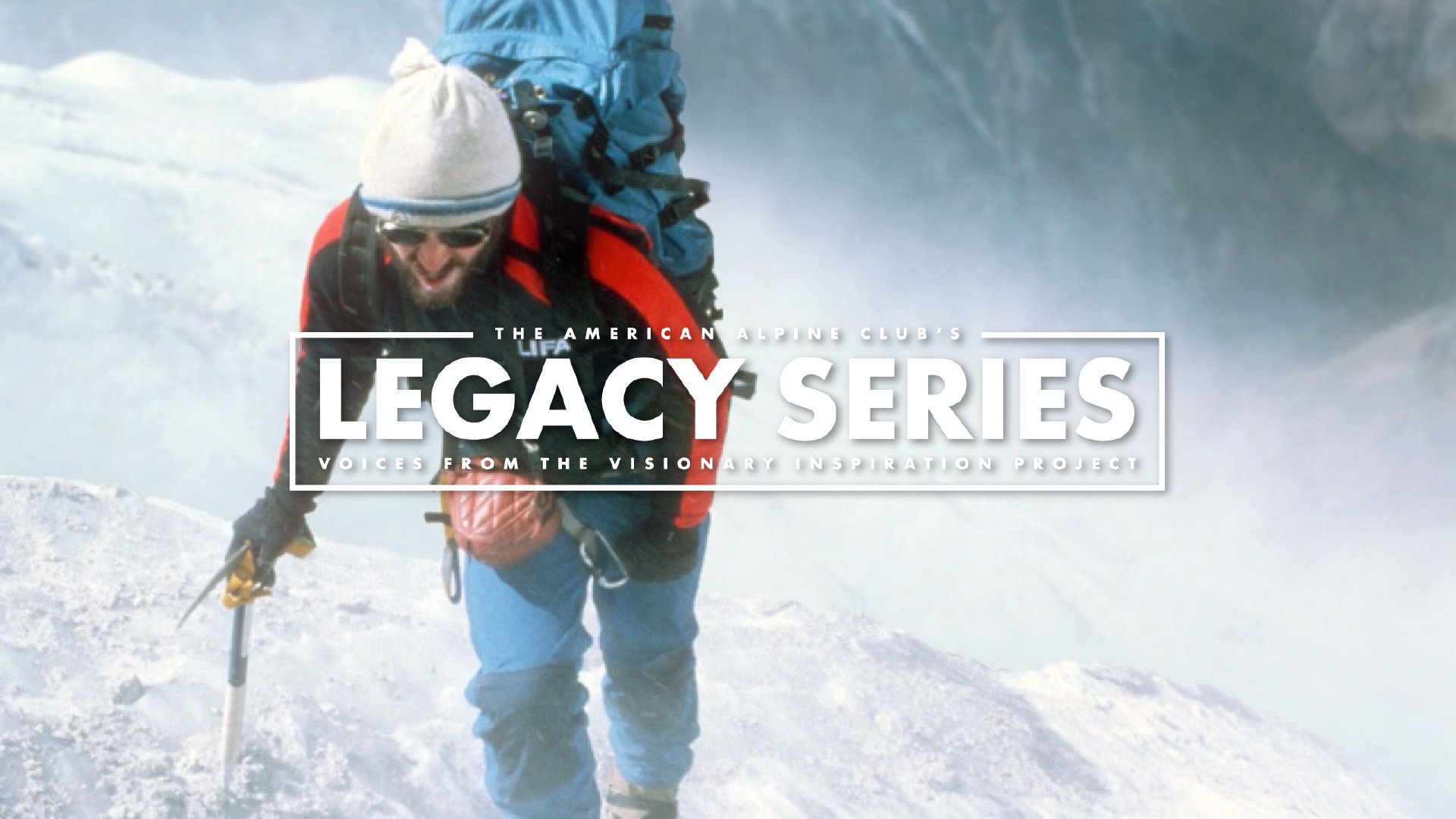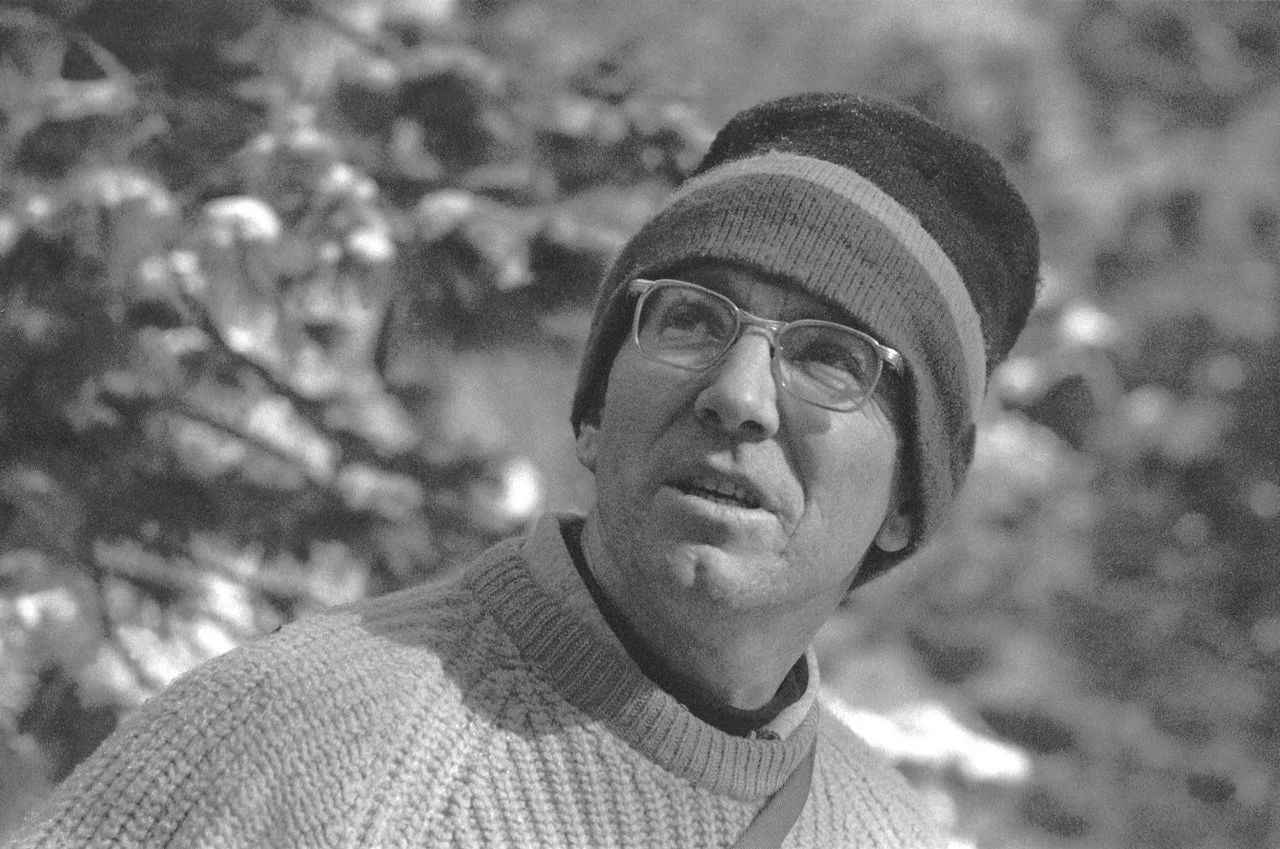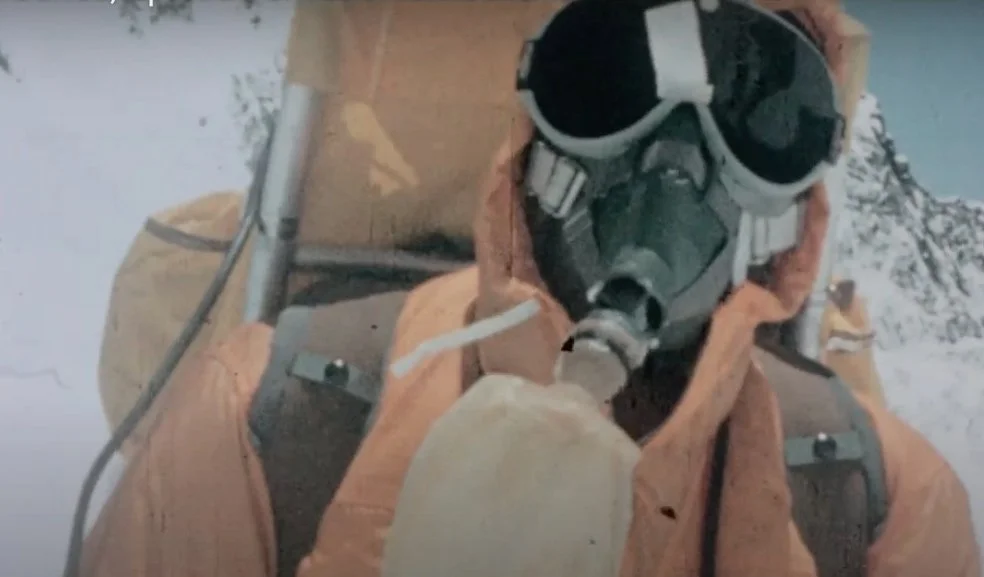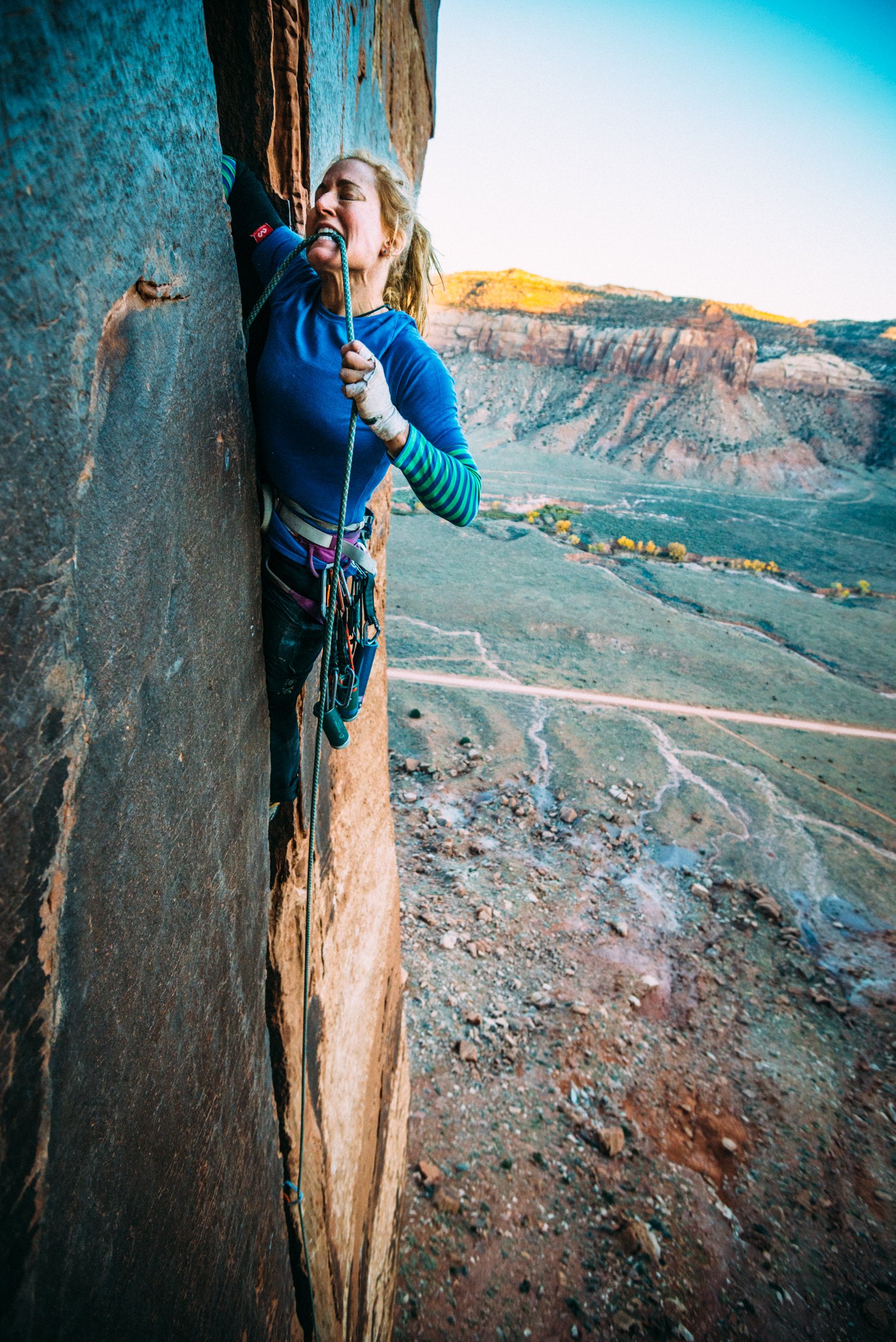Reported by Sierra McGivney
Photos by Ben Burch
Ben Burch climbing, featured in Immaterial Climbing. PC: Ashley Xu
In the backdrop of Northern Appalachia, Ben Burch (he/they) drove to nowhere. Like most high schoolers, driving was a source of relief and independence in the wake of an angsty breakup. Eventually, Burch needed to stop at a gas station, and the one they picked happened to be next to a climbing gym. Bored of driving aimlessly in their car, Burch wandered inside the climbing gym, opening the door to climbing and its community.
Burch continued cultivating their passion for climbing in Philadelphia when he went to college. There, he worked with other queer climbers to create PHLash, a community-based, peer-led group that aims to bring together LGBTQIA+ individuals to climb and socialize. Burch found he loved leading and being a part of that community. It was a space that held community and understanding in a sport that traditionally has not always provided that.
The mood shifted last year when West Virginia attempted to pass a law banning events based around queer affinity. West Virginia is only a stone's throw from Pennsylvania and hosts Homoclimbtastic, the world's largest queer-friendly climbing festival. Burch and his friends found themselves distressed about the status of Homoclimbtastic. This event, like PHLash, had enriched their climbing experience. It kept Burch climbing and invited others into the community. But now, they didn't know if it would ever exist again. Instinctively, Burch thought, I need to document this.
"I just needed to have something recorded down so people know that this event was here and that we were here," said Burch.
Their idea was to take photos from affinity groups and events they attended and post them on Instagram to exist somewhere in the ether. On a whim, Burch applied to the American Alpine Club's Catalyst Grant and was chosen. Their photos would no longer live just online but in a physical book: Immaterial Climbing: A Queer Climbing Photography Zine.
Burch embarked on an East Coast climbing adventure, photographing and memorializing queer events, meetups, and climbers.
Ultimately, the version of the bill that would outlaw Homoclimbtastic did not pass; however, the bill that did pass put restrictions on queer events. Minors are not allowed to be involved in any way in drag shows in West Virginia, and drag show organizers are responsible for checking the age of attendees. At the Homoclimbtastic Drag Show, participants had to wear a wristband and have their IDs checked.
Despite the political backdrop, the high-energy drag show and dance party at Homoclimbtastic was one of the most fun nights Burch had in years. For some photographers, when they capture moments through the pictures they take, their memories bend to how they remember them. That night, Burch took a photo of someone dancing surrounded by a bunch of people, all wearing wristbands, and titled it Armbands Around Salamander because the person dancing in the center has a salamander tattoo on their shoulder. This ended up becoming one of Burch's favorite photos in the book.
"They're really kind of lost in their moment of dance, and for me, even though it is kind of a reconstructed memory, I really think about that dance party as this moment of freedom and expression regardless of the circumstances that were trying to repress that," said Burch.
In the book, Burch focuses on his home base, too.
One moment stuck out to Burch. A participant at PHLash wearing a Brittney Spears t-shirt said that climbing in Pennsylvania is like Spears' song …Baby One More Time. The rock climbing in the northeast is generally not friendly. Outside of Philadelphia, one of the main climbing areas, Hayock, is home to Solid Triassic Diabase, a type of rock that requires precision on unforgiving edges. Philadelphia feels like a city that embeds grit and determination in its residents, much like the climbing in the area. The lyric hit me baby one more time embodies the rough climbing and the determination of the climbers in the area.
Photo by Ben Burch
Burch became interested in the idea that the city you're from—not just the culture–is reflected in the climber. In the book's PHLash section, he mixes photos from living in Philadelphia with climbing photos from the meetup.
Next, Burch changed their aperture, widened their depth of field, and traveled down to Atlanta, Georgia, to the southeast bouldering scene.
"[Bouldering in the southeast] is truly this perfect marriage of texture and shapes that force precise body positioning and control, mixed with the raw power to get through the fact that they're all just slopers disguising themselves as crimps," said Burch.
There, he participated in a meetup with the affinity group Unharnessed, an LGBT+ and allies climbing club. At this meetup, Burch was more of a wallflower; he had a couple of friends in the Atlanta area but was not a deep group member in the same way as Homoclimbtastic or PHLash. He listened in on the conversation between climbs and found it was not the idle talk that normally existed at the crag. People would talk about the climb or the person climbing, but then the conversation would shift to asking if anyone had extra food to put in the Atlanta community fridge or about the community resources near the gym. He was so struck by how focused the group was on building community through resources and knowledge.
It reminded him of a quote by bell hooks, "I think that part of what a culture of domination has done is raise that romantic relationship up as the single most important bond, when of course the single most important bond is that of community."
In their portrait section, Burch created a shallow depth of field, softening the background and pulling queer climbers to the forefront. Andrew Izzo is a crusher. He has recently sent Bro-Zone (5.14b) in the Gunks and Proper Soul (5.14a) in the New River Gorge and is a consistent double-digit boulderer based in Philadelphia. He only came out recently and is featured in Immaterial Climbing: A Queer Climbing Photography Zine. Burch thought that taking and publishing these photos of him almost served as a coming-out party. Izzo felt like there was no better way for him to come out. The intersection of being part of the queer community and part of the climbing community showed all of him. "That was a special moment in taking these photos, serving as a space for someone to embrace all of themselves," said Burch.
Everyone featured in the book's portrait section was chosen for their excellence in community work or climbing. Burch wanted to highlight these individuals who were balancing so many aspects of their identity and achieving so much within the climbing community.
The book revolves around the community Burch is most familiar with—that he could really speak to without fear of misrepresentation.
"I think all climbers are in constant chase of flow, of that feeling when you are climbing, and it feels like your body is in perfect response to what it needs to do with the rock—this immovable object that you have rehearsed and understood. For me, the East Coast Climbing Scene feels like that state of flow.
“It feels like a place where you are understood, and people know who you are, even without thinking about the larger circumstances. It's this, like, perfect moment of escape in the larger challenge of—to complete the metaphor—trying to finish the climb," said Burch.
More about Immaterial Climbing: A Queer Climbing Photography Zine and Ben Burch (he/they):
PC: Ben Burch
Burch is a photographer and climber currently based out of Washington DC. Part of queer affinity groups since they began climbing, he wanted to use this zine as a love letter to the spaces that gave him so much. For more of their photography, please follow them @benjammin_burch on Instagram.
Immaterial Climbing is a photography zine which explores the world of queer climbing. Taken over the course of 2023, this book explores meet-ups, affinity groups, and climbers who are creating their own space of belonging. The project features the event Homoclimbtastic, affinity groups Unharnessed and Phlash, as well as portraits of queer climbers. It is a lovely coffee table book, a book to add to your gym's collection, or a reminder that we'll always be here. Grab your copy.
This project was made possible through the American Alpine Club and the bravery of the queer climbing community.











